Drugs that treat pain are something of a pharmaceutical miracle—locating the nervous system faculties that carry pain signals to the brain and finding a way to mute that pain for a period of time is something we may have taken for granted. Realistically, though, this view of painkillers is almost detached from the reality that, despite their positives, painkillers can be addictive under several circumstances.
The effects of painkiller abuse are well-documented and have changed the way many painkillers are administered, but tens of thousands of addictions still form every year. Millions of pills still sit dormant in the pantries and drawers of American households. As long as addictions keep appearing, there will be a need for help. That’s why, at California Centers for Recovery, we provide the prescription drug detox center in Los Angeles. Clients can spend time in a luxurious facility with a plan that meets each and every need. Call us at 877.328.5682 or visit online to learn more about how we treat painkiller addictions.
What Makes Prescription Drug Addiction so Prevalent?
Prescription drugs are any drugs given to patients by their pharmacists and usually have an attached schedule and set dosage. These are measures put in place to ensure patients are keeping a steady intake of the drug, which prevents redundancy, misuse, or overdose. After all, prescription drugs are just like any other drug—they are administered by a variety of routes and have an intended effect on the brain or body. The prescription is essentially a safeguard.
Just like any safeguard, though, it’s on the individual to follow it rigorously. Most drug administration isn’t presided over by anyone other than the patient, so the responsibility often falls on them to ensure dosage is safe and timely. Some patients may find that their painkiller falls short of treating their chronic pain, either by wearing off too quickly or by being too weak. As a result, individuals may take matters into their own hands and misuse their prescription or potentially seek a substitute drug elsewhere.
Ideally, patients could return to their pharmacist and inform them about the inadequacy of painkiller performance. Many do, and many are granted extra doses and longer duration. However, pharmacists may reject the petition, and patients may ask for more for recreational use or on behalf of another. The system does make an effort to reduce the possibility for an addiction to form, but it’s not all-encompassing. The real substance of prescription drug addiction often boils down to how the patient and the pharmacist interact.
Identifying the Effects of Painkiller Abuse
Painkiller abuse has several telltale symptoms that follow habitual usage. Since painkillers are used to manage pain (typically chronic), the body can form an unstable reliance on the presence of painkillers to treat that pain. When it wears off, it can result in the body being unprepared for dealing with the same level of pain.
Abusing painkillers can result in several other side effects. These include, but are not limited to, the following:
- Constipation
- Nausea
- Slowed rate of breathing
- Confusion
- Drowsiness
With each passing use, individuals tend to feel the need to increase their dosage. This makes an overdose more likely over time, and overdoses can be fatal.
Additionally, some drugs are more likely to be abused than others. Commonly, this is designated by a factor called “abuse potential.” Abuse potential can differ between drugs that are used to treat the same thing, with the real difference being the manner in which they treat it. Painkillers are not exempt. Some painkillers are relatively non-addictive, like ibuprofen, aspirin, and acetaminophen. These are commonly sold over the counter and aren’t as potent. In contrast, drugs such as opioids (oxycodone, fentanyl) are extremely powerful and are often strictly illegal.
Find Assistance for Prescription Drug Addiction at California Centers for Recovery
Understanding the effects of painkiller abuse is often not the first thing to raise red flags in individuals with a dysfunctional relationship with drugs. Usually, they’ve had relationships, financial status, criminal records, and more come into play before they consider the long-term health risks associated with drug use.
This is a factor that decides future health and wellness as much as any other. California Centers for Recovery’s prescription detox center is geared to treat each individual need, as well as provide therapy and counseling relevant to treating a painkiller addiction. For any questions, concerns, or general information, contact us today at 877.328.5682 to speak with a member of our admissions team.











